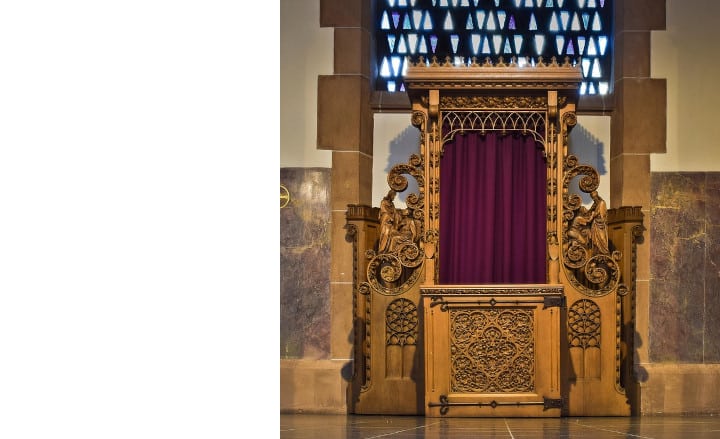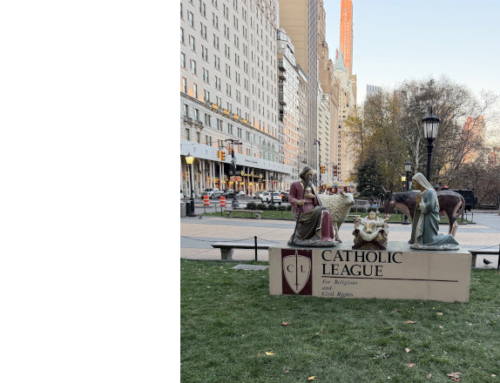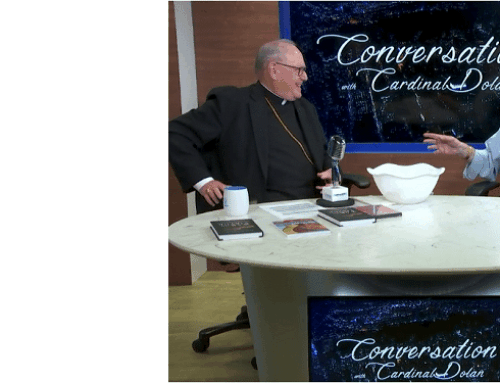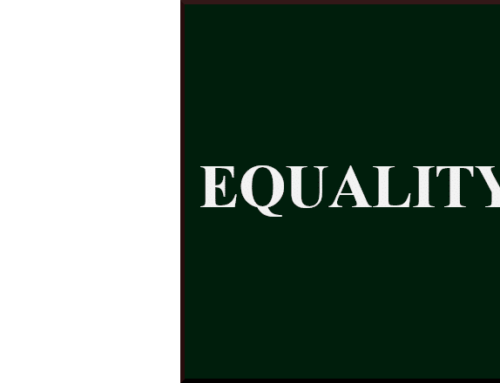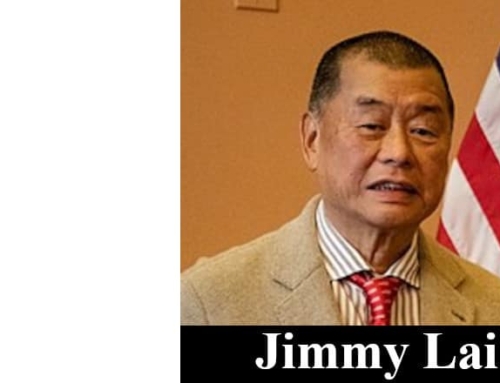June 24, 2025
The state of Washington is being sued by the Department of Justice’s (DOJ) Civil Rights Division for violating the First Amendment right of priests to maintain confidentiality in the Confessional. The law, which was signed by Gov. Bob Ferguson on May 2, is due to go into effect July 27.
The Catholic League was the first lay Catholic organization in the nation to write to Washington legislators about this issue.
On February 10, I raised the following question to the lawmakers, “What broke?” I specifically asked, “where is the evidence that child molesters—in any state—report their crimes to priests in the confessional? We have been studying this issue for decades but we can’t name a single instance where this has happened. If any lawmaker has evidence to the contrary, you have an obligation to make it public.” Not surprisingly, no one did.
Next to weigh in was the DOJ. On May 5, Harmeet K. Dhillon, Assistant Attorney General, Civil Rights Division, and Michael E. Gates, Deputy Assistant Attorney General, Civil Rights Division, wrote to Gov. Ferguson putting him on notice that they are taking this issue seriously. To that end, they asked for selected documents. We thanked the Trump team for their decision the next day.
On May 20, I wrote to Sen. Noel Frame, the most vocal supporter of this attack on the Sacrament of Reconciliation. My main complaint was the encroachment of the state on religion, as witnessed by her comment that the Catholic Church should change Canon law teachings on the priest-penitent privilege. I returned the favor by saying Washington’s law legalizing doctor-assisted suicide should be changed to mirror the Canon law position.
In its lawsuit against Washington, the DOJ argues that the bill “unconstitutionally forces Catholic priests in Washington to choose between their obligations to the Catholic Church and their penitents or face criminal consequences, while treating the priest-penitent privilege differently than other well-settled privileges.”
This line of argument is persuasive. It has long been accepted as a legal privilege to guard the confidentiality of attorney-client, doctor-patient and psychotherapist-patient, as well as the privilege afforded the priest and his penitent. Indeed, the latter has been accepted law since it was first broached in People v. Phillips in New York, an 1813 ruling that set the table for subsequent decisions. The Supreme Court cited the priest-penitent privilege in both the Watergate tapes case United States v. Nixon (1974), and in Trammel v. United States (1980).
We commend the Trump administration for standing up for the rights of priests.



